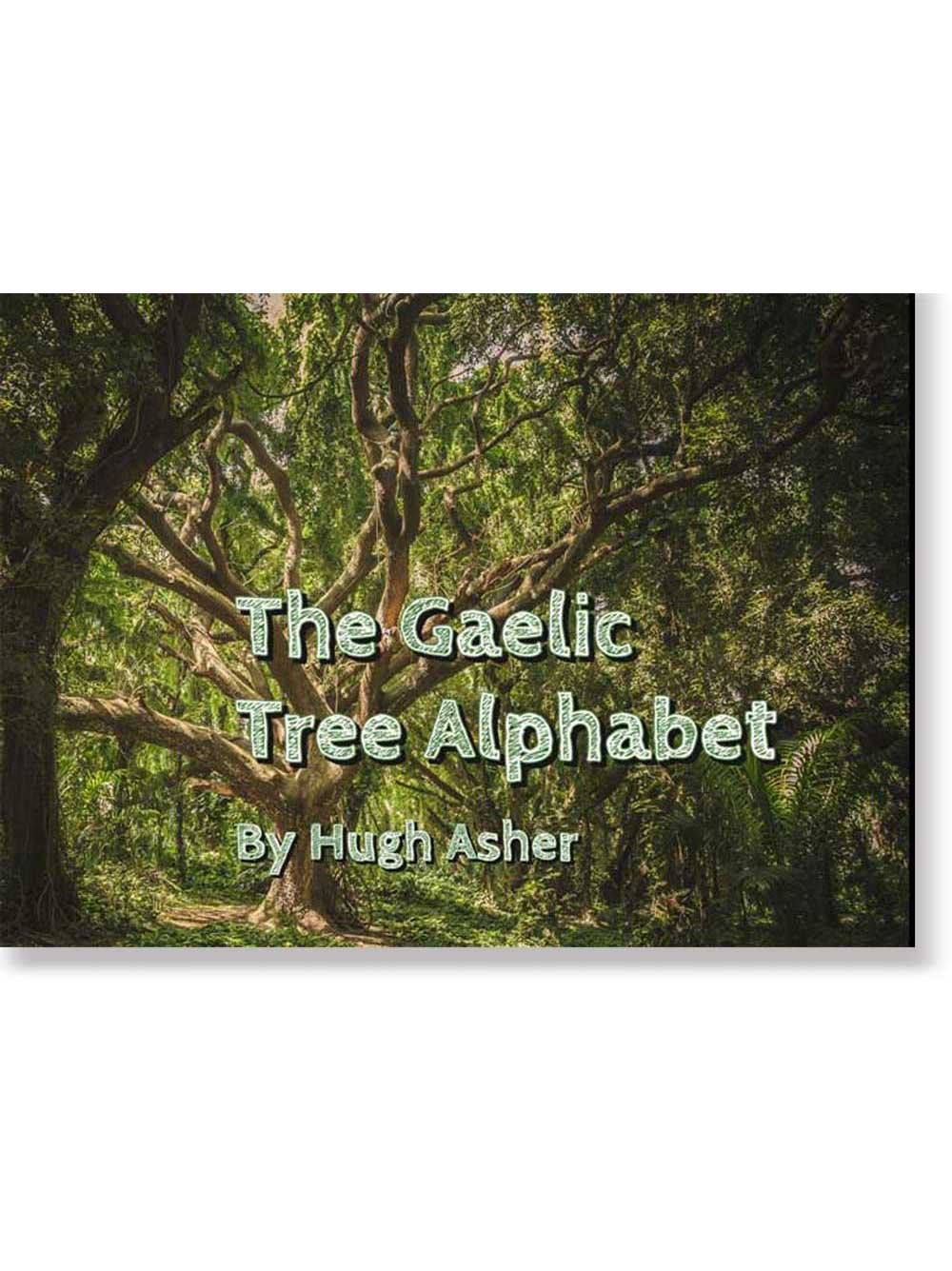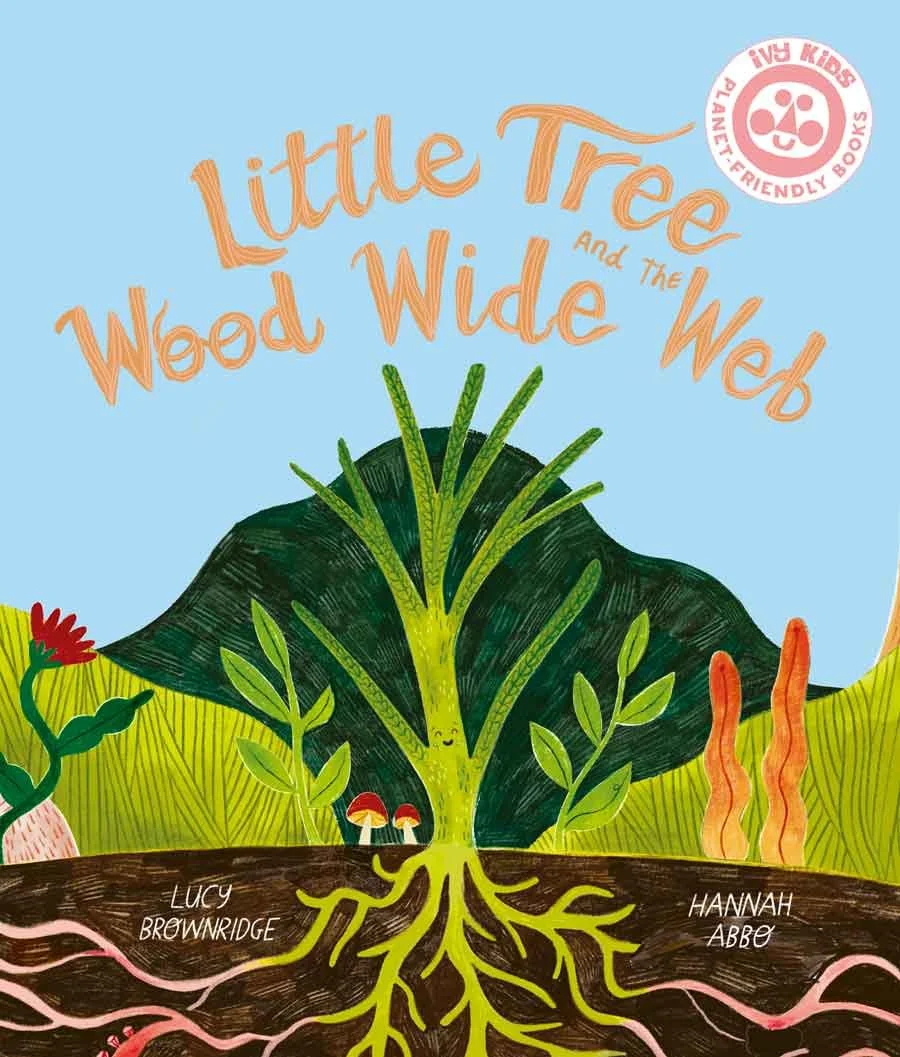The Symphony of Nature: Unlocking the Hidden Benefits of Nature Sounds
7th October 2023
Nature sounds, whether the gentle rustling of leaves, the rhythmic lapping of waves, or the melodious chirping of birds, have been an integral part of our existence for thousands of years, and the intrinsic connection between humans and the natural world remains a powerful force. However, in the modern world, often filled with constant noise and digital distractions, finding moments of tranquillity has become a precious commodity. Amid the hustle and bustle of daily life, the soothing sounds of nature can offer a respite for our overstimulated minds though. Beyond their immediate calming effect, nature sounds provide a unique and often overlooked benefit to our physical and mental wellbeing, as well as providing us with a deeper connection to the environment.
In this article, we will explore the many advantages of immersing ourselves in the symphony of sounds that nature offers, shedding light on this remarkable source of restoration, rejuvenation and wellbeing support.
The Melody of Tranquillity
One of the most immediate and well-documented benefits of nature sounds is their ability to induce relaxation and reduce stress. The sounds of running water, the wind in the trees and birdsong can transport us to a state of calmness and has a remarkable ability to evoke tranquillity and relaxation. Research has shown that exposure to natural sounds can lower stress levels, reduce anxiety, and improve overall mental wellbeing. This natural remedy for stress has been studied extensively, with research showing that exposure to nature sounds can lower cortisol levels, the hormone associated with stress. As our bodies respond to these soothing sounds, our heart rate decreases, our blood pressure lowers, and muscle tension dissipates, helping us relax and unwind. When we immerse ourselves in the soothing sounds of nature, our bodies also respond by releasing endorphins, which are natural mood enhancers.
A 2017 study published in the journal Scientific Reports revealed that listening to natural sounds can improve cognitive functioning and boost mood. Researchers found that participants who listened to bird songs and flowing water showed enhanced attention and working memory, as well as an increase in positive emotions. This suggests that nature sounds not only calm the mind but also sharpen our focus, offering a unique combination of relaxation and mental clarity.
A Gateway to Mindfulness
In an age characterised by constant distractions, nature sounds can serve as a gateway to mindfulness and encourage a deeper connection with the natural world. The act of immersing yourself in these sounds encourages a heightened state of awareness and presence. When our world is dominated by screens and technology, the act of listening closely to the sounds of nature encourages us to be present in the moment, helping to alleviate the distractions and worries of daily life. Whether you're sitting mindfully by a stream, listening to the subtle nuances of rustling leaves, the rhythmic crashing of waves, or simply taking a walk in the park, the intricate symphony of a forest can anchor us to the present moment as these sounds invite us to be fully present and attuned to our surroundings.
Nature sounds are therefore an important component of nature-based mindfulness, a practice that has gained significant popularity in recent years for its ability to reduce stress, improve concentration, and enhance emotional regulation. By paying attention to the ever-changing sounds of the natural world, we can learn to be more present, fostering a deeper connection with ourselves and the environment, reminding us of our place in the intricate web of life.
Enhancing Sleep Quality
Incorporating nature sounds into your bedtime routine can lead to better sleep quality as the calming effect of these sounds can help lull you into a deeper and more restful slumber. Sleep disorders, such as insomnia, have become increasingly prevalent in our society, but fortunately nature sounds can offer a natural and non-invasive solution and for those who struggle with sleep disorders or simply desire a more restful slumber, nature sounds can be a game-changer. Nature's lullaby, in the form of chirping crickets, flowing rivers, or gentle rain, can help us fall asleep faster and experience deeper, more restorative sleep. These sounds can create a soothing ambiance that masks disruptive noises, such as traffic or noisy neighbours, allowing us to maintain a peaceful sleep environment. As a result, nature sounds not only help us fall asleep but also improve sleep quality, leaving us feeling more refreshed upon waking.
Studies have confirmed that exposure to natural sounds at night improved sleep quality. Participants who listened to birds singing, running water or a recording of ocean waves reported better sleep and higher levels of overall wellbeing. Nature sounds act as a powerful sleep aid by masking disruptive noises and creating a tranquil environment conducive to restorative sleep. This can be especially helpful for those who struggle with insomnia or sleep disorders.
Restoring Mental Fatigue
The fast pace of modern life often leaves us mentally fatigued, with our minds constantly processing information and making decisions. Nature sounds can serve as a mental reset button, helping us to rejuvenate and recharge and they can have a profound impact on our cognitive abilities. Research has shown that exposure to these sounds can enhance concentration, creativity, and problem-solving skills. This cognitive boost can be particularly helpful for individuals working in noisy or high-stress environments. The harmonious sounds of nature act as a cognitive reset button, clearing our minds and promoting mental clarity. This heightened cognitive function can be attributed to the restorative qualities of nature sounds, which help reduce mental fatigue and boost our ability to focus on tasks.
The concept of "restorative environments”, introduced by environmental psychologist Stephen Kaplan, suggests that natural settings, including their sounds, can replenish cognitive resources. When we take short breaks to listen to nature sounds, we give our brains a chance to recover from mental fatigue, leading to increased productivity and creativity. Researchers have found that people who work in environments with natural sounds perform better on cognitive tasks and experience improved mental clarity.
Building Stress Resilience
Beyond immediate stress reduction, regular exposure to nature sounds can build long-term resilience to stress. The process of immersing yourself in the calming symphony of nature sounds trains the brain to cope with stress more effectively. This is known as "environmental stress inoculation”, where repeated exposure to mild stressors (in this case, the stressors of daily life) in a soothing natural setting helps the body adapt to stress and become more resilient. In essence, nature sounds become a form of therapeutic conditioning for the mind, equipping us to face life's challenges with greater ease.
Improving Emotional Wellbeing
Nature sounds can also have a profound impact on our emotional wellbeing. The connection between these sounds and positive emotions is deeply rooted in our evolutionary history. Our ancestors thrived in natural environments, and as a result, our brains are wired to respond positively to the sounds of nature. Whether it's the joy of hearing birdsong or the sense of peace brought by a babbling brook, these sounds evoke feelings of happiness and contentment. Regular exposure to nature sounds can boost our mood, reduce symptoms of anxiety and depression, and promote an overall sense of well-being.
Connecting to the Environment
Perhaps the most profound benefit of nature sounds is their ability to foster a deep and meaningful connection to the natural world. In an era where many of us are disconnected from nature, these sounds serve as a reminder of our place in the natural world, encouraging us to appreciate and protect it. Nature sounds can inspire a sense of awe and wonder, prompting us to explore and conserve the natural world. The emotional attachment forged through these sounds can lead to increased environmental awareness and sustainable behaviours. As our society grapples with environmental challenges, this connection is more critical than ever as this often leads to a greater desire to protect and preserve our planet.
Harnessing the Power of Nature Sounds
Other than going outside to sit and listen to the sounds of nature, there are also various methods and technologies available today to help you to harness the power of nature sounds:
Nature Sound Recordings
High-quality audio recordings of nature sounds, from rainforests to oceans, are readily available for relaxation and meditation.
Nature Sound Apps
There are also numerous smartphone apps that offer a wide range of nature sounds, making it easy to carry the benefits with you wherever you go.
Soundscaping
Incorporating nature sounds into your home or workspace through soundscaping techniques, can help you to create a more calming environment.
Final Thoughts
Nature sounds are more than just pleasant background noise; they are a potent source of support for our physical, mental, and emotional wellbeing. From stress reduction and improved sleep quality to enhanced cognitive function and emotional resilience, the benefits of immersing ourselves in the symphony of nature sounds are profound. In a world increasingly disconnected from the natural world, these sounds also serve as a vital reminder of our deep-seated connection to nature and its restorative and healing powers. So, the next time you find yourself in need of a mental or emotional reset, consider stepping outside and allowing the soothing sounds of nature to envelop you in their therapeutic embrace.
If you have enjoyed this article and would like to support what we do by donating £2 or more to buy saplings to plant, please follow the link below:




























































